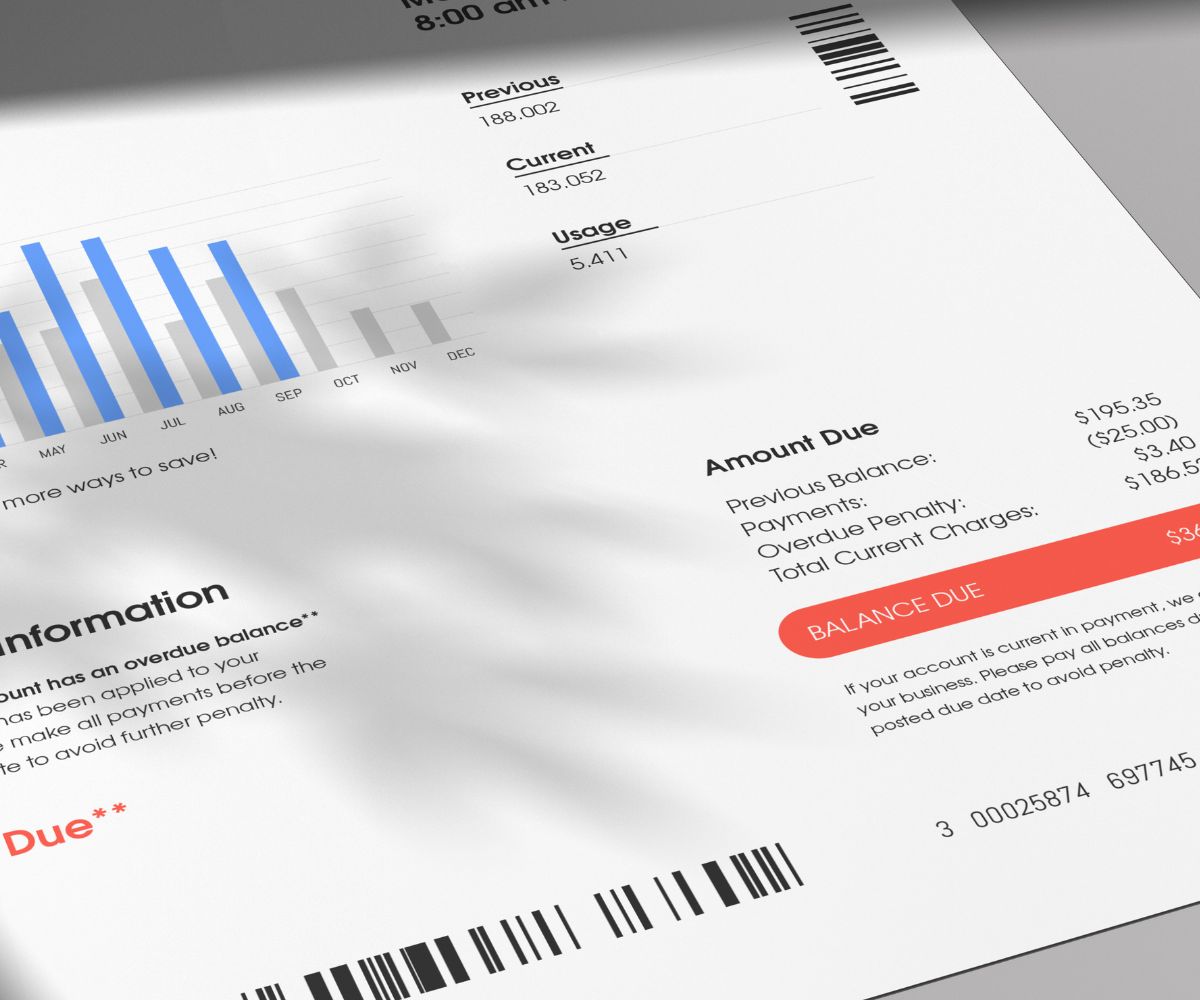Managing finances and collecting debts are two sides of the same coin in the business world. While both are crucial for maintaining a healthy bottom line, they often present challenges that can be difficult to navigate. This article aims to provide a holistic guide on how to manage finances effectively while also excelling in debt collection.
The Interplay Between Debt Collection and Financial Management
Understanding the relationship between debt collection and financial management is the first step in mastering both. Effective debt collection can improve cash flow, which in turn provides more resources for investment and operational costs. Conversely, poor financial management can lead to debts that are difficult to collect.
Strategies for Effective Debt Collection
Clear Terms and Conditions
Setting clear payment terms and conditions is the cornerstone of effective debt collection. This involves specifying the payment due date, acceptable payment methods, and any penalties for late payment.
Additional Points:
- Use a formal contract to outline these terms and have both parties sign it to ensure mutual understanding and agreement.
- Clearly state the consequences of late payments, such as additional fees or interest rates.
- Make sure to communicate these terms verbally as well, especially if the transaction is less formal.

Prompt Follow-Up
Timely follow-up is crucial when a payment becomes overdue. The longer you wait, the more challenging it becomes to collect the debt, and the greater the risk of non-payment.
Additional Points:
- Use multiple channels for your follow-ups, such as emails, phone calls, and even formal letters, to increase the likelihood of a response.
- Keep a record of all communication attempts and responses. This can be useful if legal action becomes necessary.
- Consider using automated reminders to ensure that you don’t miss any follow-up deadlines.
Legal Framework
Understanding the legal landscape of debt collection is essential for both protecting your business and respecting the debtor’s rights. Laws can vary by jurisdiction, so it’s crucial to be aware of the specific regulations that apply to you.
Additional Points:
- Familiarize yourself with federal laws like the Fair Debt Collection Practices Act (FDCPA) as well as any state or local regulations.
- Always maintain a professional demeanor and avoid any actions that could be considered harassment or abuse, as these could lead to legal repercussions.
- Consult with a legal advisor to ensure that your debt collection practices are compliant with current laws.
Financial Management Best Practices
Budgeting and Forecasting
A well-planned budget and financial forecast are essential tools for any business. They not only help you anticipate cash flow needs but also provide a roadmap for managing debts effectively.
Additional Points:
- Use software tools or financial consultants to create a detailed budget that accounts for all income and expenditures.
- Update your financial forecasts regularly to reflect changes in the market conditions, customer behavior, or internal business operations.
- Align your debt management strategies with your budget and forecasts to ensure you have adequate funds for repayment.
Expense Tracking
Keeping a meticulous record of all expenses is crucial for effective financial management. This practice allows you to see where your money is going and helps identify potential areas for cost reduction.
Additional Points:
- Utilize expense tracking software to automate the process and generate real-time reports.
- Categorize expenses to identify which areas are consuming the most resources. This can help you prioritize cost-cutting measures.
- Regularly review expense reports to spot trends or anomalies that may require attention.
Emergency Funds
Maintaining an emergency fund is a financial safety net that can help you cover unexpected expenses or compensate for unpaid debts, thereby ensuring business continuity.
Additional Points:
- Aim to set aside at least three to six months’ worth of operating expenses in your emergency fund.
- Keep the fund in a separate, easily accessible account to avoid the temptation of using it for day-to-day expenses.
- Regularly review and adjust the size of your emergency fund, especially if your business undergoes significant changes like rapid growth or downsizing.
When to Seek Professional Help
Sometimes, despite your best efforts, debts remain unpaid, or financial management becomes too complex. In such cases, consider seeking professional help.
For Debt Collection
If you’ve tried multiple strategies and still find yourself unable to collect a debt, consulting a professional debt collection agency might be the next logical step.
Additional Points:
- A professional agency typically has access to resources and databases that can help locate and communicate with debtors more effectively.
- They are also well-versed in the legal aspects of debt collection, reducing the risk of any legal complications.
- Before choosing an agency, make sure to check their credentials, read reviews, and perhaps even seek recommendations from business associates.

For Financial Management
When your business is experiencing rapid growth or facing financial challenges, the complexities of financial management can escalate quickly. In such cases, a financial advisor can be invaluable.
Additional Points:

- A financial advisor can offer specialized guidance on various aspects like investment, tax planning, and debt restructuring.
- They can also help you adapt your existing financial strategies to better suit your current business conditions.
- Look for advisors who have experience in your industry and come highly recommended. Their insights can be particularly tailored to the challenges and opportunities unique to your field.
Recommendation: Partner with CISDRS for Debt Collection
When it comes to debt collection, not all agencies are created equal. For businesses looking for a reliable and effective partner, cisdrs.com comes highly recommended. Their expertise in debt resolution and commitment to ethical practices make them a trusted choice for your debt collection needs.
Effective debt collection and sound financial management are essential for the success of any business. By implementing the strategies outlined in this article, you can improve your ability to collect debts while also managing your finances more effectively. And when in doubt, don’t hesitate to seek professional help to guide you through the complexities of business finance and debt collection.


